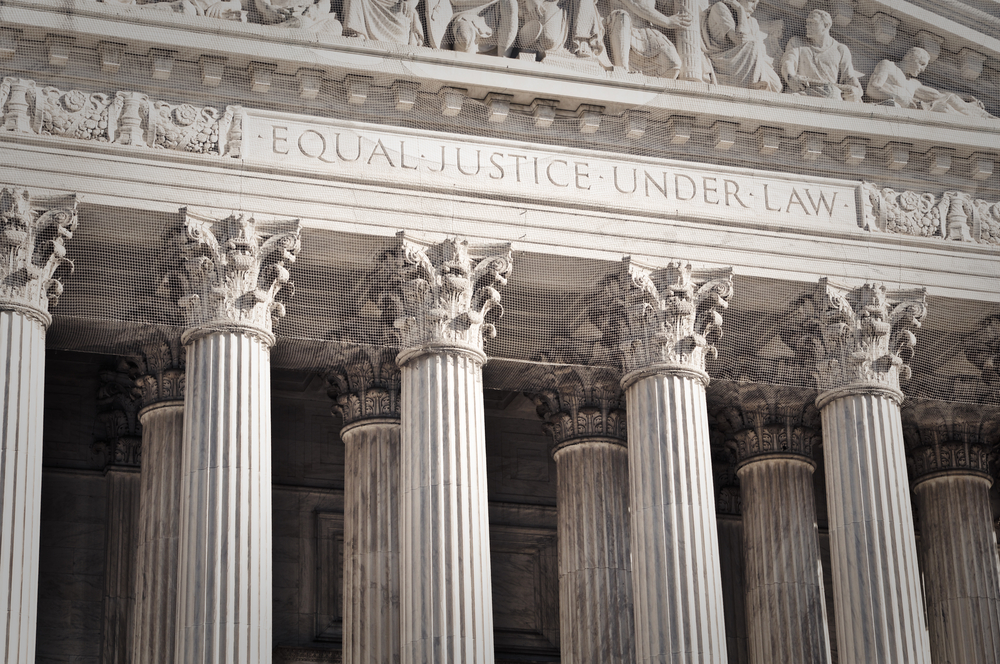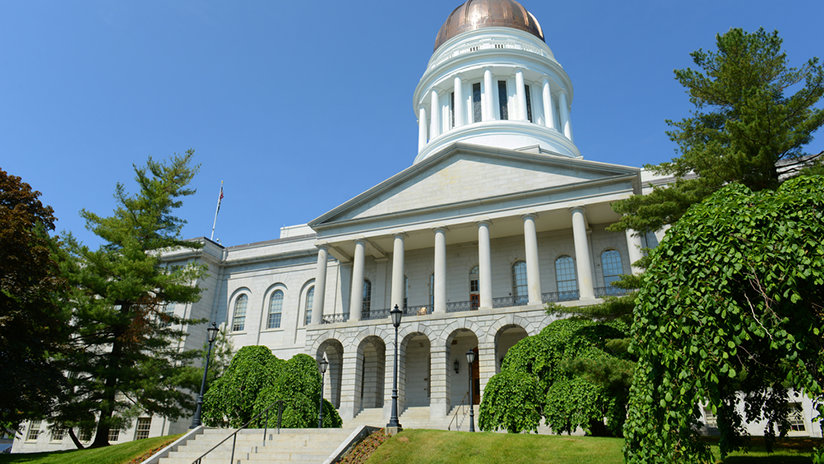
-
HOME
-
WHAT IS STANDOur Mission Our Values Our Help Contact
-
WHAT WE FIGHT FORReligious Freedom Religious Literacy Equality & Human Rights Inclusion & Respect Free Speech Responsible Journalism Corporate Accountability
-
RESOURCESExpert Studies Landmark Decisions White Papers FAQs David Miscavige Religious Freedom Resource Center Freedom of Religion & Human Rights Topic Index Priest-Penitent Privilege Islamophobia
-
HATE MONITORBiased Media Propagandists Hatemongers False Experts Hate Monitor Blog
-
NEWSROOMNews Media Watch Videos Blog
-
TAKE ACTIONCombat Hate & Discrimination Champion Freedom of Religion Demand Accountability
In Unanimous Decision, Supreme Court Protects Religious Rights of Workers
In a unanimous ruling, the U.S. Supreme Court sided with Gerald Groff, a devout Christian who had been ordered to work on Sunday, the Sabbath, in violation of his religious beliefs.

The Lancaster County postal worker had never been asked to work on Sundays, a day when there was no postal delivery, until a 2013 partnership agreement between the USPS and Amazon brought about Sunday package deliveries. At that point, Groff was informed he would need to work on the Sabbath.
Groff refused. His decision to remain absent rather than violate his beliefs led to disruption at his workplace. While some coworkers covered for him, others elected to transfer or quit. Groff eventually turned in his resignation, then sued USPS for discrimination.
Accommodations for religious workers do not represent discrimination against others who don’t share their needs.
Losing at the district court and appeals court levels, Groff and his attorneys appealed to the Supreme Court. The Court’s task was to review a 1977 decision related to the Civil Rights Act of 1964, which mandates employers accommodate an employee’s religious practice unless it imposes an “undue hardship” on the business. In their June 29 decision, the Supreme Court redefined that “undue hardship” as a circumstance “when a burden is substantial in the overall context of an employer’s business.”
“Faced with an accommodation request like Groff’s, it would not be enough for an employer to conclude that forcing other employees to work overtime would constitute an undue hardship,” read the decision, authored by Justice Samuel Alito.
Religious liberty scholars who weighed in on the case told the court that accommodations for religious workers do not represent discrimination against others who don’t share their needs. Making allowances for those who need religious accommodation, they said, should be no different than making provision for those who are disabled, pregnant or have family medical issues.
Groff welcomed the unanimous decision, which, he said, “allows others to be able to maintain their convictions without living in fear of losing their jobs because of what they believe.”
As an organization devoted to protecting everyone’s inalienable right to practice their chosen faith, STAND applauds the Supreme Court for defending the religious freedom of all American workers.






